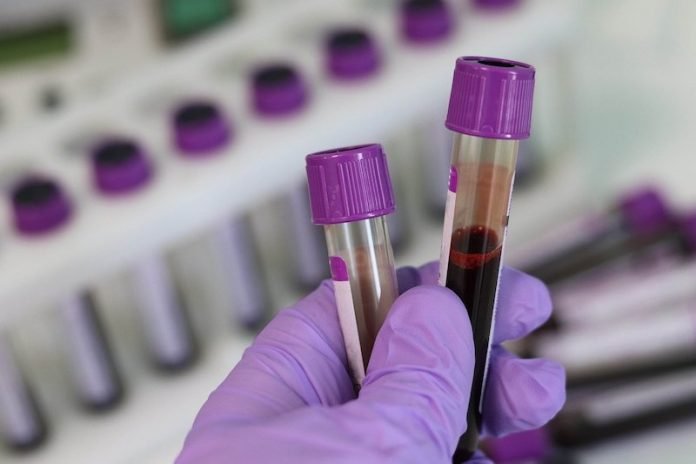
In a new study from the University Medical Center Göttingen, researchers found molecules in the blood that can indicate impending dementia.
Their findings are based on human studies and laboratory experiments. The biomarker described by the team is based on measuring levels of so-called microRNAs.
The scientists therefore aim to develop a simple blood test that can be applied in routine medical care to assess dementia risk. According to them, microRNAs could potentially also be targeted for dementia therapy.
The biomarker that the researchers have found is based on measuring microRNAs in the blood. MicroRNAs are molecules with regulatory properties: They influence the production of proteins and thus a key process in the metabolism of every living organism.
Through extensive studies in humans, mice and cell cultures, the researchers ultimately identified three microRNAs whose levels were associated with mental performance.
For this, they analyzed data from both young, cognitively normal individuals and from elderly people with mild cognitive impairment.
In the end, the findings came together like pieces of a puzzle: In healthy individuals, levels of microRNAs correlated with mental fitness. The lower the blood level, the better the subjects performed in cognition tests.
Further evidence came from patients with MCI: Of those in whom the blood marker was highly elevated, about 90 percent developed Alzheimer’s disease within two years.
The team saw an increased blood level of these three microRNAs as a harbinger of dementia,” Fischer says. They estimate that in humans this biomarker indicates a development that is about two to five years in the future.
In their studies on mice and cell cultures, the researchers also found that the three identified microRNAs influence inflammatory processes in the brain and “neuroplasticity”. This suggests that the three microRNAs are more than warning signals.
In further studies, the researchers aim to validate this biomarker clinically. In addition, we intend to develop a simple test procedure for point-of-care screening.
If you care about dementia and Alzheimer’s disease, please read studies about new breakthrough in Alzheimer’s disease diagnosis and treatment and findings of lack of this stuff could be the key to Alzheimer’s disease.
For more information about dementia and your health, please see recent studies about major surgery may boost Alzheimer’s disease risk and results showing that scientists develop blood test for early detection of Alzheimer’s disease.
The study is published in EMBO Molecular Medicine. One author of the study is Prof. André Fischer.
Copyright © 2021 Knowridge Science Report. All rights reserved.



